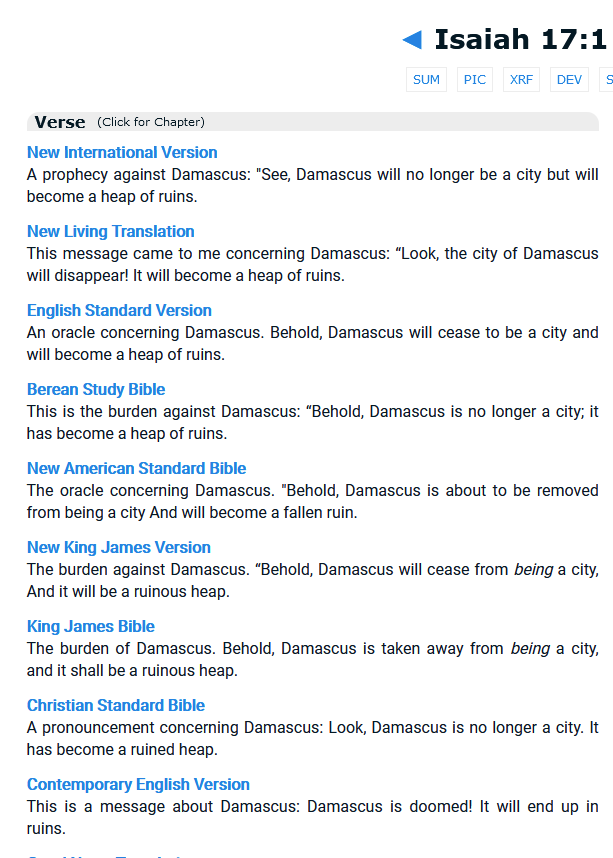The story has changed, quite a bit, compared to Matthew. In Matthew, an earthquake rolls the giant stone away from Jesus tomb. In Mark, the Mary’s find it open already. In Matthew a sparking, electrical “angel” sits on top of the rock explaining that Jesus has risen and left and to seek him out. In Mark, a young man sitting on the “right side” dressed in white explains to them Jesus has risen and left and to seek him out.
An “angel” vs a young man. That is one big difference. I wonder how the other 2 gospels will handle the identity and description of this mysterious tomb character.
Mark 16:8 – And they went out quickly, and fled from the sepulchre; for they trembled and were amazed: neither said they any thing to any man; for they were afraid.
WARNING: In early manuscripts, 16:8 is the LAST verse of Mark. So where do verses 9-20 come in? Obviously they were ADDED to these early manuscripts, and I wonder if there is some “oh, how convenient” context put into the later verse to make the stories match up more. Aka the manipulation of man, the presence of the hand of man and his twisting and turning of the context to fit their needs.
Let’s think about this last verse though. Supposing that at one time, this was the only copy of a gospel that some people may have possessed, what does it infer? Jesus is no longer in the tomb, a simple “young man” who scares the Marys tells them he has risen (no proof) and tells them to go find Peter and the disciples, but they run off and speak nothing to anyone in fear. THE END. This was the end of the story. The reader at some ancient time might be amazed at the story, possibly concluding that the kingdom of God did indeed come for Jesus, the 12 disciples, and the chosen sheep. Many mythologies have wild stories of previous “ages” or “epochs” and at one time, this gospel may have just been just that: an old tale of a past age of a hero Messiah who saved his world and his people.
Back to the story as laid out in KJV. Let’s look at 9-20. Jesus first appears to Mary Magdalene. He then appears in ANOTHER form to two unnamed disciples in the country. Then he appeared to the 11 of them and NOW this is where I find Jesus’ words highly suspect! Why? Because it was added in later.
Did the original writer know his story was going to be altered with more text? What would he have thought? What would YOU think if someone added to your story?
In my opinion, and this based on both the ending of Matthew AND Mark, the story just crashes and burns here. Here’s why:
First, the words of resurrected Jesus to his disciples in the added verses to Mark pretty much say “go and preach, the believers will be saved from damnation, the unbelievers will be damned…” but nothing about the impending kingdom of heaven which he told them they would see ALIVE! Here’s some new trap verses:
16:17 – And these signs shall follow them that believe; In my name shall they cast out devils; they shall speak with new tongues; They shall take up serpents; and if they drink any deadly thing, it shall not hurt them; they shall lay hands on the sick, and they shall recover.
Total trap verses: These verses imply that anyone who is a “believer” will be able to do these things. Hence the Christian snake handler type cults of recent generations that take these verses so literally they handle snakes, get bit and die. Victims of trap verse!
This whole story almost seems like a sick practical joke to see just how much they can manipulate people into putting themselves in bad situations. Which is sad because many people who flock to these teachings are in bad places, desperate for help, sick, depressed, suicidal, dying, etc. They then reach out to these words and trap verses, become faithful, and believe one day their prayers will be answered.
After Jesus gives them this last earthly, and seemingly perpetual command, he returns to heaven sitting at the right hand of God, and the disciples went forth teaching. So now that he’s on the right hand side he should be coming any day now, while the disciples and Caiphas are alive right? After all he told them they’d witness before most of them “tasted death”. These endings so far have really strayed away from the impending kingdom of heaven arriving timeline, and I believe that’s why people today think it’s still on its way, because these gospels end with zero mention of the arrival, when in fact, Jesus was preparing everyone (he chose) around them for it.
What a mystery so far. I’m hoping Luke and John will fill in some holes here, however I’m not having much faith they will, because it might tear a hole in Matthew and Mark.

